Description
Ylang Ylang Aromatherapy
“The supreme essential oil that owns high aphrodisiac properties that assists in enhancing the functional and hormonal ability of the reproductive organs.”
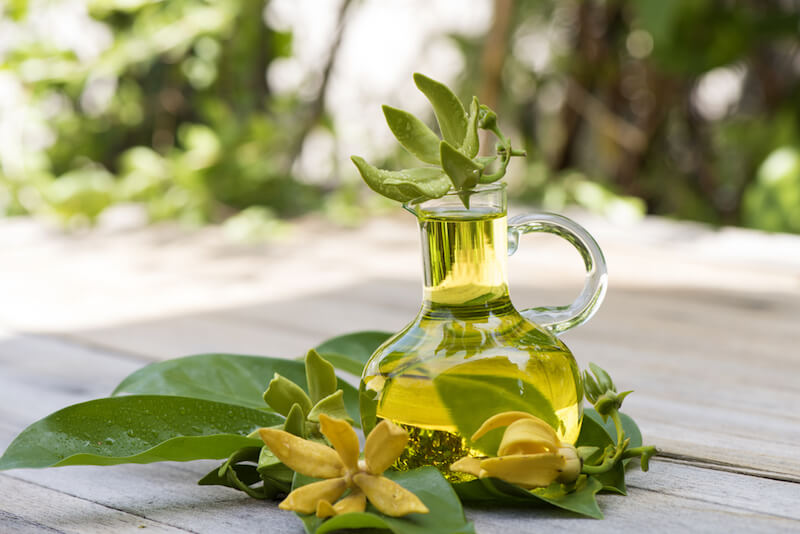
Botanical name: Cananga odorata
Origin: Comores
Source: Flowers
Ylang ylang is a tropical tree indigenous to Asia, especially Indonesia. The blossoms of this tree are used to prepare an essential oil that is widely used in manufacturing perfumes as well as in aromatherapy. The ylang ylang essential oil is extracted by steam distilling the highly fragrant flowers of the tree. Ylang ylang flowers have a profound and sweet aroma something akin to that of jasmine and in many cultures, they are scattered on the beds of the newly married as a sign of good luck or wishing fertility. For a long time, the essential oil obtained from ylang ylang flowers was regarded as an aphrodisiac, denoting that its aroma stimulates desire for sexual activities.
Ylang ylang essential oil possesses other therapeutic properties as well. It is comforting and soothing oil that brings about a general feeling of wellness. In addition, this essential oil is also said to be effective in lowering blood pressure, especially when the condition is a result of tension or shock. Since, this essential oil has a very potent aroma, it remains for a longer period and even has the aptitude to suppress other comparatively lighter fragrances. As the fragrance of ylang ylang is enduring, it works fine as a fixative in several perfumes. In fact, when ylang ylang essential oil is combined with other suitable aromatic oils, it becomes all the more potent. This oil is also used in the manufacture of skin care products, especially those meant for treating oily skin as well as stressed skin.
The ylang ylang trees bear blooms that vary in color – pink, cream, mauve or yellow. These flowers have a potent, unusual and flowery scent. Owing to its potent aroma which is similar to that of jasmine (botanical name Jasminum officinale) – an expensive flower, ylang ylang is often referred to as ‘the poor man’s jasmine’.
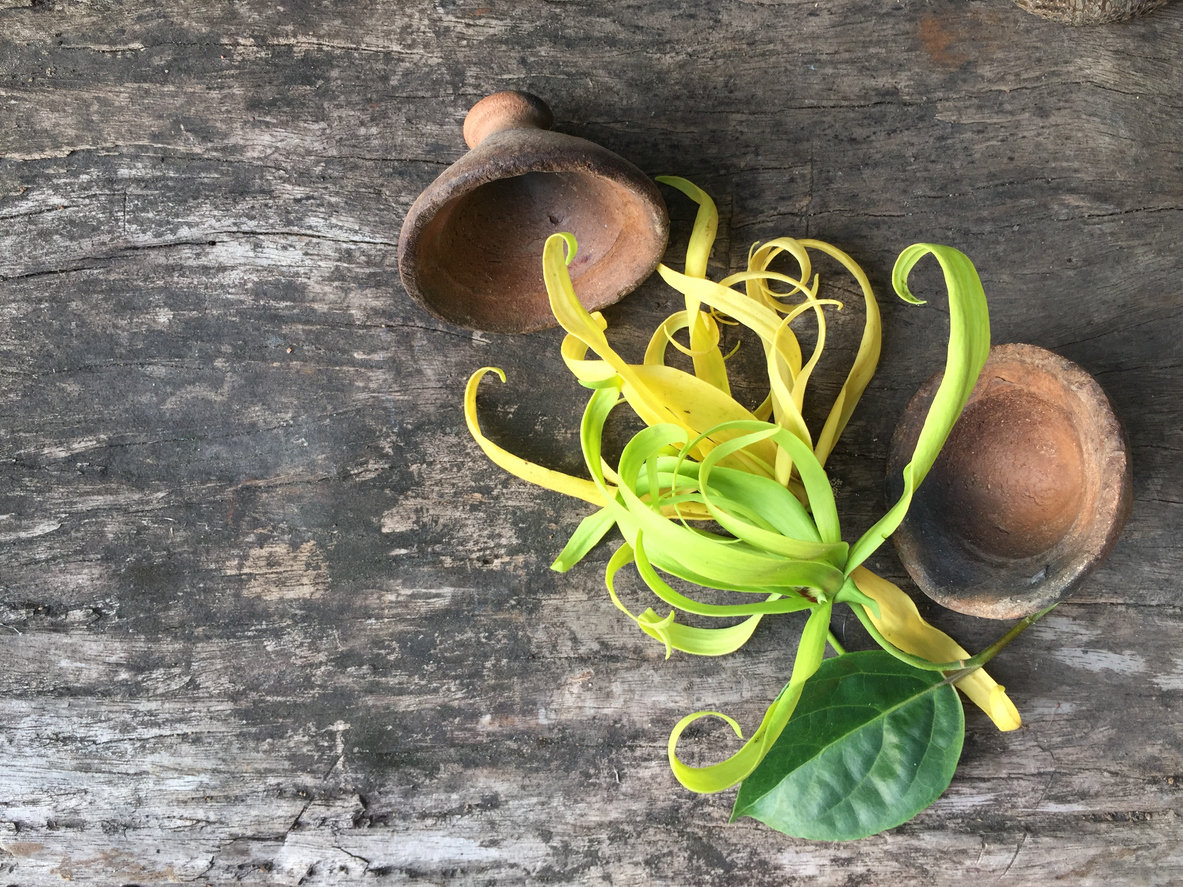
Generally, the ylang ylang flowers are collected in the morning for flowers picked during this time of the day are best for preparing essential oil through steam distillation. In fact, the aroma of ylang ylang flowers is most potent during the morning and afternoon. Normally, the essential oil obtained by steam distilling the flowers collected in the morning are of superior quality in the first distillation, while the latter distillations are somewhat lesser in excellence.
As discussed earlier, the ylang ylang trees produce flowers having extremely sweet and floral scent. In the Malayan language, the term ylang ylang actually denotes ‘flower of flowers’ or a superior quality flower. The ylang ylang essential oil was used as an active element in the well-known Macassar hair oil during the Victorian era. Both men and women widely used the Macassar hair oil with a view to encourage glossy hair growth. Presently, ylang ylang essential oil is extensively used to manufacture floral perfumes.
Generally, ylang ylang oil is considered to be warming and stimulating oil which also possesses aphrodisiac properties. The use of this essential oil has the aptitude to cause relaxation as well as inspire and inculcate a feeling of wellness among people. Ylang ylang essential oil is excellent for comforting the nerves, especially during stress. A few drops of this essential oil added to bath water or watered down for use as massage oil helps in promoting sound sleep. In addition, ylang ylang essential oil is also said to be highly effective in treating rapid breathing and palpitations or tremors. This essential oil is also helpful in alleviating premenstrual tension and depression.

Inhaling ylang ylang essential oil is beneficial for overcoming fear as well as nervous tension. In fact, ylang ylang essential oil should be considered foremost among all essential oils when an individual requires help to regulate as well as balance his or her nervous system. This essential oil is effective in facilitating one’s respiration for slower and more rhythmic breathing and is useful for treating panic attacks. Findings of several researches have demonstrated that ylang ylang essential oil invigorates the central nervous system and facilitates alleviating depression.
Ylang ylang essential oil is specifically feminine or yin oil and is said to be obsessive and alive with sensations. You may try using this essential oil at times when you require integration as well as healing the shadow elements of the Divine Feminine. Ylang ylang essential oil helps to activate the Divine Feminine’s inexplicable magnetism as well as aptitude for living life completely. The essential oil obtained by steam distilling ylang ylang flowers invigorates sensations of delight and self-confidence. It can also be effective in prevailing over performance nervousness.
This oil is regularly used in fragrances meant for men and is said to be a therapeutic oil for men. Ylang ylang essential oil endorses a man’s relation and expression of the womanly and instinctive part of his nature. You may consider combining ylang ylang essential oil with petitgrain, bergamot or any spice or wood oil to diminish the intoxicating flowery quintessence of ylang ylang essential oil. At the same time, ylang ylang essential oil has the aptitude to facilitate counterbalancing protective coping approaches that is able to result in aggressive types of communiqué. In fact, ylang ylang essential oil helps to coordinate the mind and emotions.
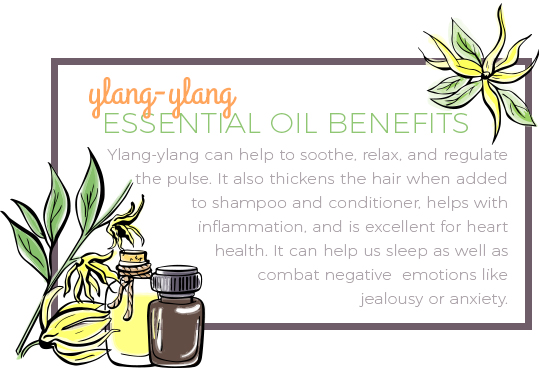
General properties
antiseptic
aphrodisiac
relaxing
stimulant
Blends well with
bergamot
jasmine
lavender
lemon
patchouli
rose
rosewood
sandalwood
General uses
anemia
anorexia
arthritis
asthma
boils and carbuncles
colds
coughs
dandruff
depression
flatulence
fluid retention
glandular fever
gout
immune system
irritability
loss of appetite
low blood pressure
mouth infections
myalgic encephalomyelitis
nervous exhaustion
poor circulation
poor memory
rheumatism
rhinitis
scabies
sinusitis
ulcers
urinary infections
whooping cough
wounds and sores
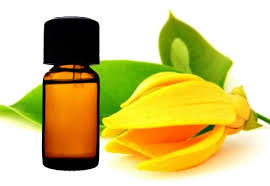
Precaution
Be careful, high concentrations of ylang ylang essential oil can cause nausea or headache.
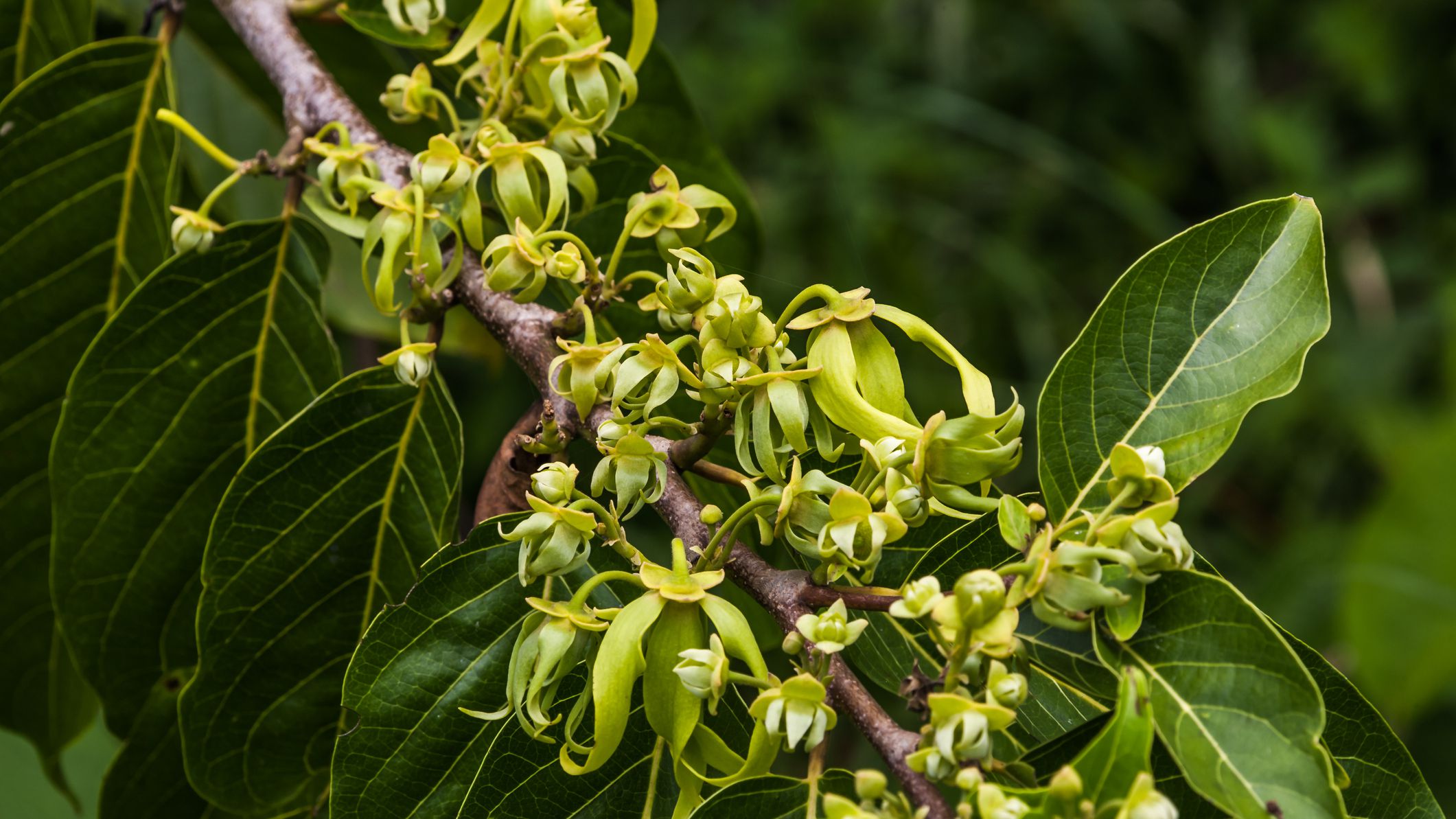
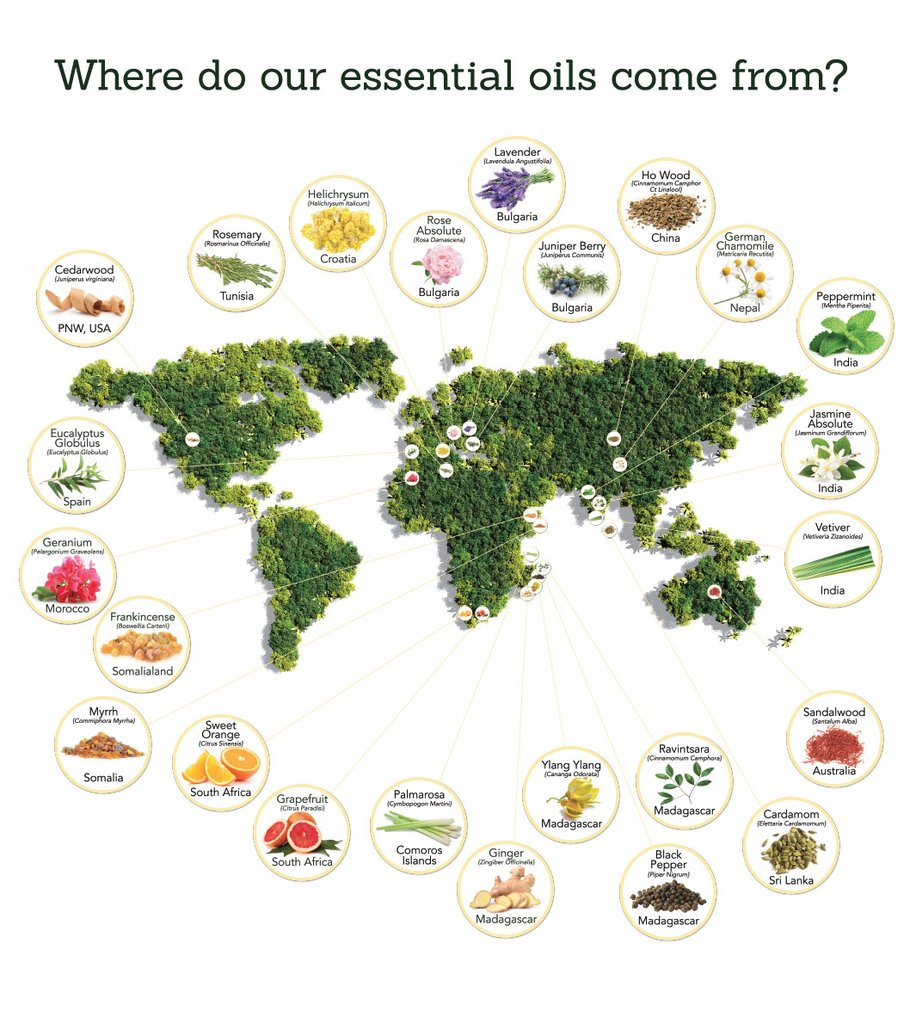

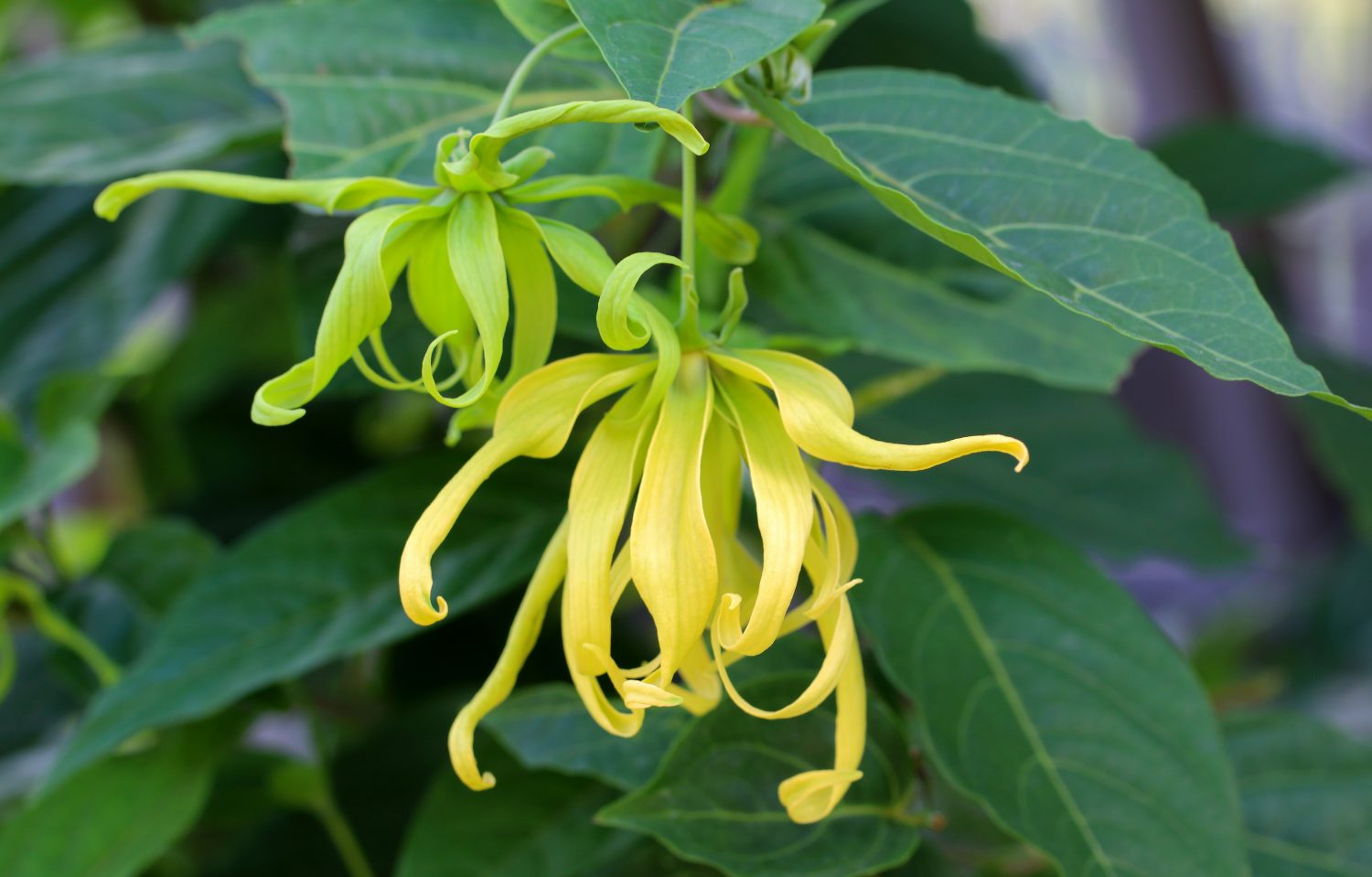
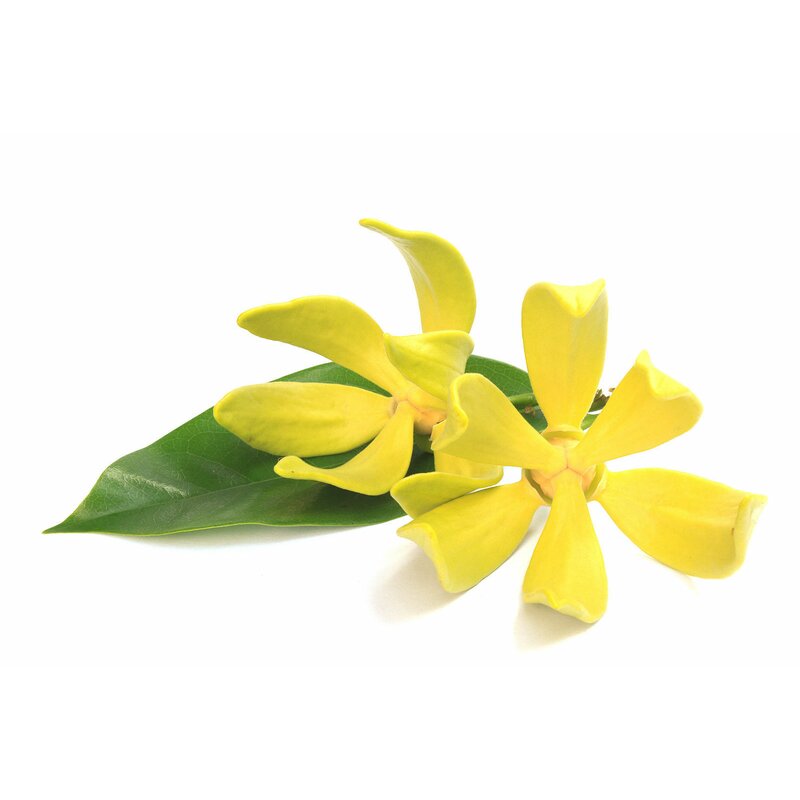

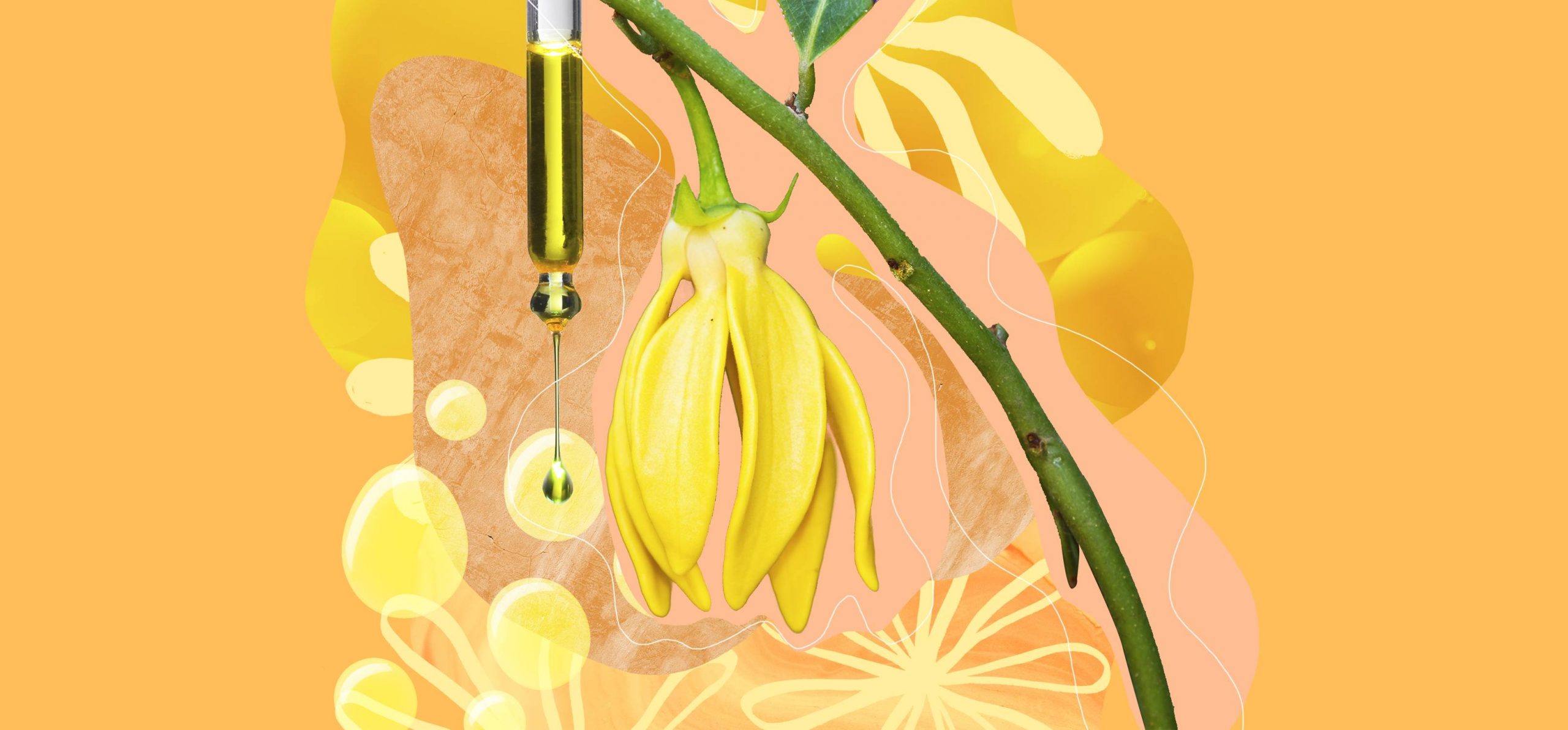

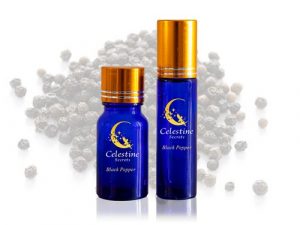
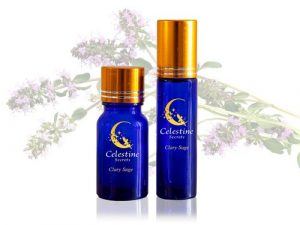
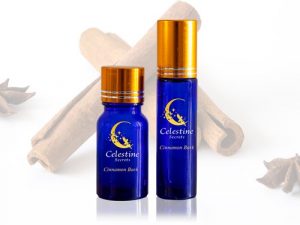
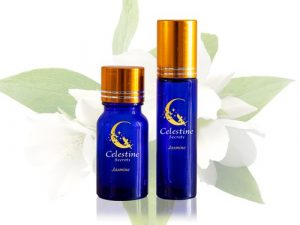
Reviews
There are no reviews yet.